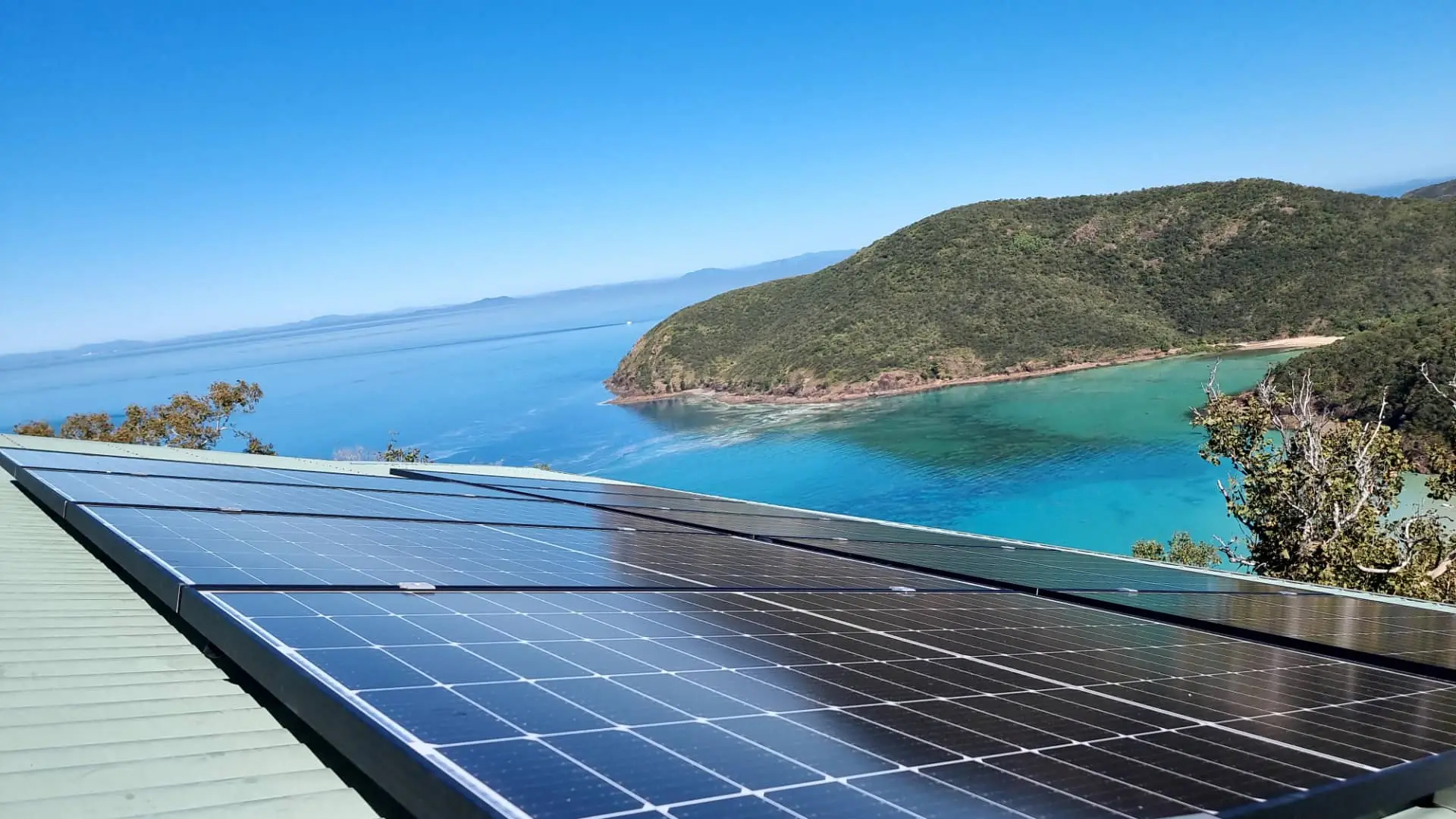As the 21st Century goes on, some of the biggest issues facing humanity are going to revolve around energy. How do we ensure we keep the lights on in our homes, offices, and cities in a way that’s affordable, safe, and clean?
One important concept is that of renewable versus non-renewable energy. When people talk about climate change, energy sustainability, and the future of energy production, the idea of renewable energy sources is always top of the agenda.
In 2021, 29% of Australia’s total electricity generation was from renewable energy sources, and it looks like this trend will continue. But what exactly is renewable energy? How is it different from traditional non-renewable energy sources? And is solar energy renewable? Let’s find out.
What Is Renewable Energy?
There are two types of energy sources available to us today. There are the traditional energy sources like oil, coal, and gas that we have been using for well over a century. These sources are non-renewable — when we burn them to generate energy, they’re gone.
We have a finite supply of all these non-renewable resources on our planet, and at some point in the next few hundred years they will be all used up. In addition, burning these fuels releases greenhouse gases into the atmosphere as a side effect — which pollutes our environment and contributes to climate change.
The second type of energy source available to us is renewable. This includes things like wind power, hydroelectric power, and geothermal power. These energy sources never run out, and they can be used to generate power essentially forever. On top of that, they result in far fewer harmful emissions and produce no greenhouse gases.
Is Solar Energy Renewable?
Solar energy is a renewable energy source. The sun produces a vast amount of solar energy every second, and each day the earth receives more solar energy than we could ever hope to use.
Solar panels are able to harness this basically limitless supply of energy, using it to generate power without any harmful side effects and with no risk of running out for the next 7 billion or so years.
What are The Benefits of Renewable Energy?
Why should we — as societies and households — be considering renewable energy? We already talked about how renewable energy is much better for the planet since it produces no harmful greenhouse gas emissions. But there are many other benefits too:
- Renewable energy is generally better for our natural environments. Sure, wind turbines might churn up the occasional unlucky sparrow, but the damage caused by renewable energy infrastructure pales in comparison to the enormous mines, plants, and drilling stations employed by the fossil fuel industry — all of which are devastating to nature.
- More stable prices. Non-renewable energy sources like oil and gas are subject to massive price fluctuations based on all kinds of factors. Unrest in the Middle East, war in Eastern Europe, and policy changes in the USA are just some examples of factors that cause prices to change. Renewable energy can be produced much more locally, serving individual communities at a much more predictable price.
- It’s healthier. Renewable energy production doesn’t produce many harmful side-effects like poisonous gases, oil spills, and polluted water. It keeps our communities cleaner and safer to live in for everyone.
- It gives nations, regions, and even households more independence. By producing our own power through renewable methods like solar, we don’t need to rely on faraway places for our energy. Countries can be more independent in their policy making, and individuals can step away from the expensive and often unreliable energy grid.
Why Consider Solar?
Out of all the renewable energy sources, solar is one of the best options for individual households and businesses. This is because it’s very easy to set up your own solar panel system (compared to a wind farm or hydroelectric plant) and can be done at relatively low cost.
In areas like Mackay and other parts of Queensland, solar is an especially good choice because these parts of the world get a steady supply of sunlight throughout the year. By installing your own solar panels you can do your part for the environment, reduce your dependence on the national energy grid, and ultimately save money on utility bills.
At SnapSolar, we help households and companies decide if solar is right for them, choose the right system of panels and other equipment, install everything, and maintain it all over time. Get in touch with us to find out how we can help you do the same.
Get Your FREE Quote Today & Save $$$!
Contact our team today and we'll get back to you as soon as possible to discuss your solar needs!
Get a FREE QuoteRelated Articles.

A Roundup of How the Australian Government Supports Residential Solar

Jackson Wyer
Why Are My Solar Panels Not Saving Me Money?

Jackson Wyer

Power Prices for Australian Businesses — Where Are They Going This Year?

Jackson Wyer

